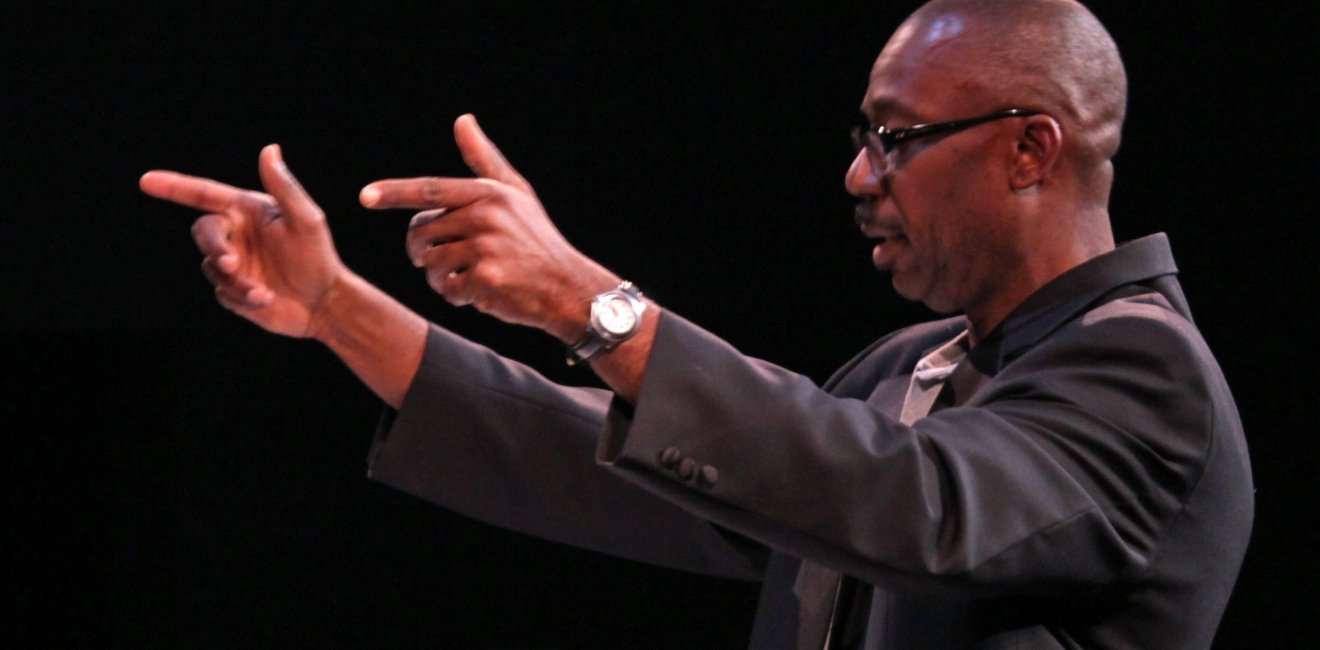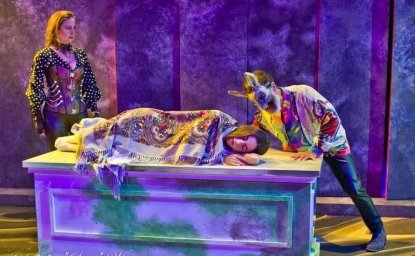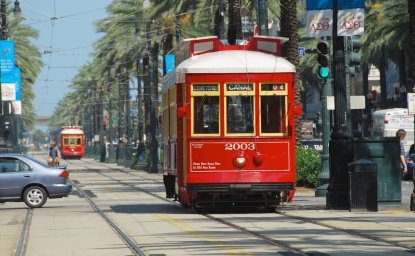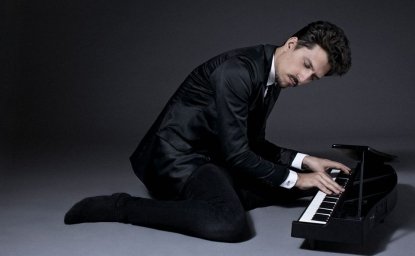
Saxophonist Paul Carr tells the story of waiting with his saxophone at the baggage claim belt in St. Petersburg, Russia, when another passenger came up and said: “Paul Carr, Westminster Church in Washington.” Paul recounts this incident as a way of testifying to the global reach of Friday Night Jazz at Westminster Presbyterian Church in Southwest Washington, D.C. Home to a hugely successful concert series now nearly two decades old, Westminster has become a touchstone of the D.C. jazz scene.
Telling the story in this way downplays Carr’s own international fame. Not only does Carr regularly tour the world and the country, he was a regular performer at the White House during the Clinton administration; sharing then President Clinton’s love of the Saxophone.
Carr is more than a performer. He has emerged as a tireless promoter of jazz, a teacher as well as a performer, and the moving spirit of a re-vivified Mid-Atlantic Jazz Festival that extends the music’s reach beyond well-trod territory. For Carr, sustaining innovative improvisational music requires sustaining the current and future players who will take the art form to new levels; and sustaining the audiences who appreciate the sound. His holistic vision of jazz emerges from his own experience growing up in Houston.
Carr grew up in inner-city Houston where legendary teacher Conrad Johnson at Kashmere High School took an interest in the young Carr. By the time he had graduated, Carr was a member of the Kashmere High School Stage Band and had inculcated the large Texas style of playing the tenor sax embraced by his early mentors Arnett Cobb and Don Wilkerson. In 1985, Carr packed up his big Texas tenor sound and headed off to Howard University where he gained the training that has enabled him to establish his global presence on the saxophone scene.
The Washington jazz scene doesn’t always receive the attention it deserves. The region’s strong musical institutions--ranging from the Duke Ellington School for the Performing Arts, through venerable music programs at such local universities as Howard, Maryland, and UDC, to the military bands and a plethora of non-profit venues such as Westminster--have enabled dozens of talented young musicians to move into the mainstream. These organized supports join with a score of musical village elders such as Carr who share a passion for cultivating rising musicians. Among recent D.C. products performing around the world are rising bassists Ben Williams and Baltimore-born Kris Funn, sax players Lyle Link and Elijah Jamal Balbed and drummer Kush Abadey.
Carr was once such a rising star himself, sitting in at Lawrence Wheatley’s legendary 1980s jam sessions at One Step Down, and landing performance opportunities alongside trumpeter Terell Stafford at Takoma Station. Having experienced the power of mentorship in his own development, Carr remains passionate about jazz education even as he has moved among stages on several continents.
In 2002, Carr founded the Jazz Academy of Music which sponsors summer camps and school-year ensembles for young players from around the region. The Academy’s reach, which has sent a half-dozen graduates on to the Julliard School of Music in New York, brings together inner-city musicians with suburban students from some of the wealthiest neighborhoods in the country. While many go on to careers in music, many more Carr students have their lives permanently enriched by music as they move into various worlds far beyond the world of music.
In 2010, Carr assumed leadership of the East Coast Jazz Festival founded in 1992 by beloved vocalist and educator Ronnie Wells. Following Wells’ passing, Carr joined with others within the DC community to relaunch the festival as the Mid-Atlantic Jazz Festival held every Presidents’ Day weekend in February at a non-descript suburban Holiday Inn. Regularly attracting as many as 4,000 jazz aficionados, the Festival showcases national talents together with student groups, with every level of musical professionalism in between. The Festival creates new audiences for the music which adds new support to the local scene.
As important as his educational and organizational activities are, Carr’s musical vision remains foremost in his accomplishments. Inculcated from youth with the Texas tenor tradition of playing large, Carr amplifies the influence of the music’s Southern roots on contemporary jazz. Whether playing in the United States, South America, Russia or Asia--performing before presidents, kings or students--Carr carries on the venerable tradition of jazz as an art form brought from the pastoral South to the metropolitan city.
As he takes this creative journey he makes sure that others will follow. As he discovered in the baggage reclaim area in St. Petersburg, his reach has no bounds.
Artistic Visionaries and Community Creators
The power of the performing arts to nurture inclusive communities has been praised widely in recent years; so much so that “creative placemaking” is now seen as a powerful tool in community development. The supportive role of community in fostering artistic innovation is less acknowledged. This series highlights the work of visionaries for whom creating communities of students, protégés, audiences, and donors has become a strategic element in transforming their arts.
Author

Former Wilson Center Vice President for Programs (2014-2017); Director of the Comparative Urban Studies Program/Urban Sustainability Laboratory (1992-2017); Director of the Kennan Institute for Advanced Russian Studies (1989-2012) and Director of the Program on Global Sustainability and Resilience (2012-2014)
Explore More in Artistic Visionaries and Community Creators
Browse Artistic Visionaries and Community Creators
Mark and Susan Marie Rhea and Irish Theater

Hugo and Rebecca Medrano and Hispanic Theater

Andrew Kingsley, Andrew Vaught and Social Impact Theater

